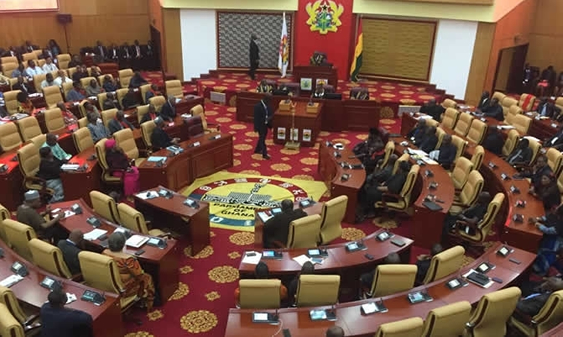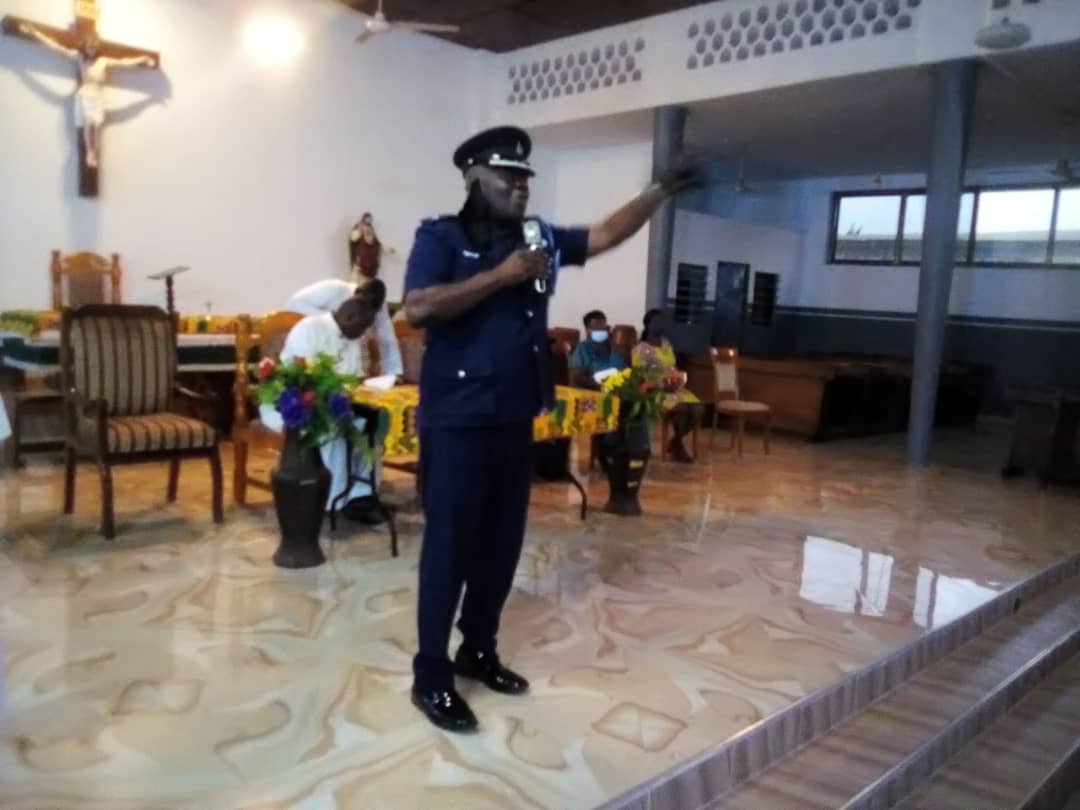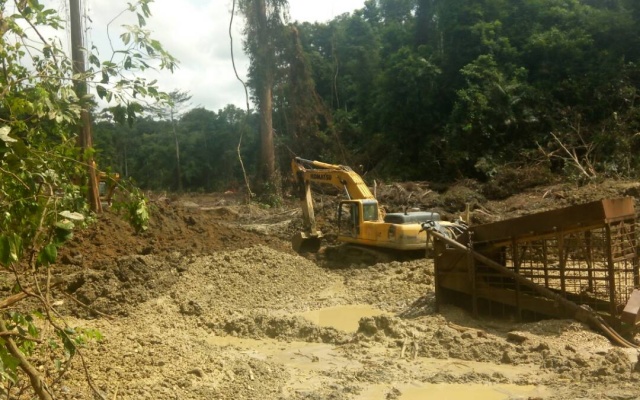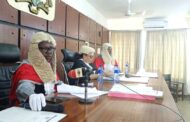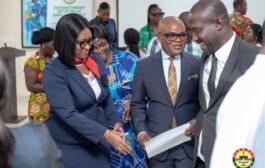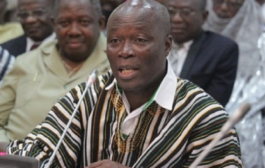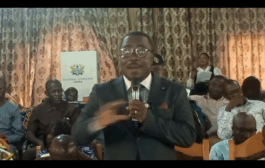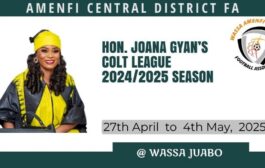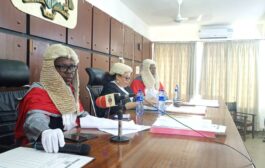Monsignor Paul Lawer Kudjo, the Parish Priest of the Saint Theresa Catholic Church in Suhum of the Diocese of Koforidua has observed that most citizens of Ghana lack knowledge on the role of a Member of Parliament and called for urgent sensitization ahead of December polls.
He said, to stimulate and encourage active and wider consultations on the matter, the public must be engaged, educated, and sensitized on this very important national agenda regarding the role of Parliament in national and community development and highlighting the sovereign powers of the people and unique mandates of local authorities for community development.
Speaking at a Townhall meeting for stakeholders in Election in Suhum organized by the Justice and Peace Commission in the Church, Monsignor Paul Lawer said there is an ever-increasing demand on MPs to attend social gatherings including weddings, funerals, outdooring; pay hospital bills, school fees, bride price; make various forms of donations to Churches, Mosques among others to be voted into Parliament to represent the constituency.
He said the weight of these demands has tended to relegate the legislative, deliberative, and oversight duties of Parliament over the Executive arm of government to the background to the detriment of good governance.
Reverend Father Lawer said the MP is increasingly seen as an initiator of constituency and district level development projects, a role which is clearly defined for district assemblies by law and Many commentators attribute this to many unattainable promises that parliamentary candidates make during their campaigns for elections into Parliament.
The priest added that Others also attribute it to the fact that if the Parliamentary candidate fails to give these vain promises the electorate will not vote for him and said this situation is further aggravated by the fact that not many constituents and voters are aware of the actual role of the MP and the fact that the provision of development infrastructure and services such as health, education, and sanitation is properly in the domain of the local authorities namely the District, Municipal and Metropolitan Assemblies and Central Government as the case may be. “These institutions, rather than the MPs, need to be empowered to deliver development projects within the various constituencies in their districts. As they deliver the requisite critical development infrastructure, the pressure on the MPs to deliver them may reduce, enabling the MPs to focus on their constitutionally assigned roles.”
“The principle of governance is mainly on the decision making the process of representatives of the people for the welfare of the people. In this decision-making process, the people ought to be consulted, their views sought and considered for the making of the decision, and the people are encouraged and empowered to participate in the implementation of the decision. This process promotes transparency, accountability, integration, and inclusion in furtherance of communal interest.”
Source: Mybrytfmonline/Kofi Atakora



